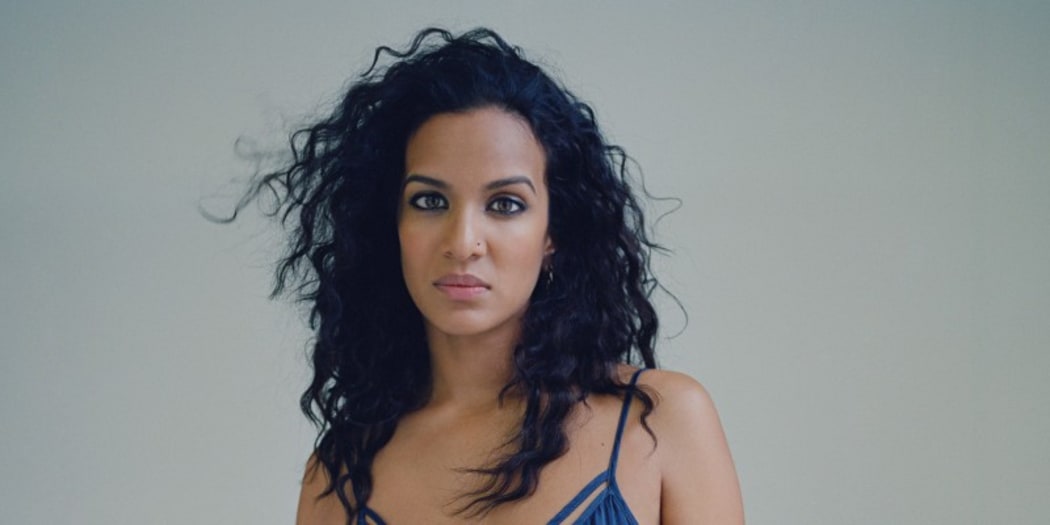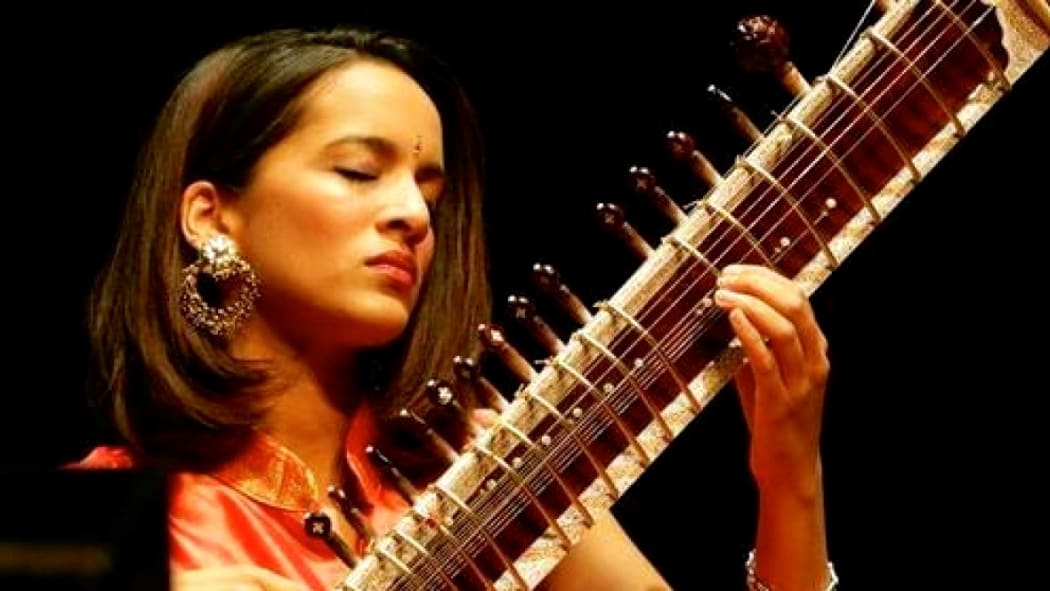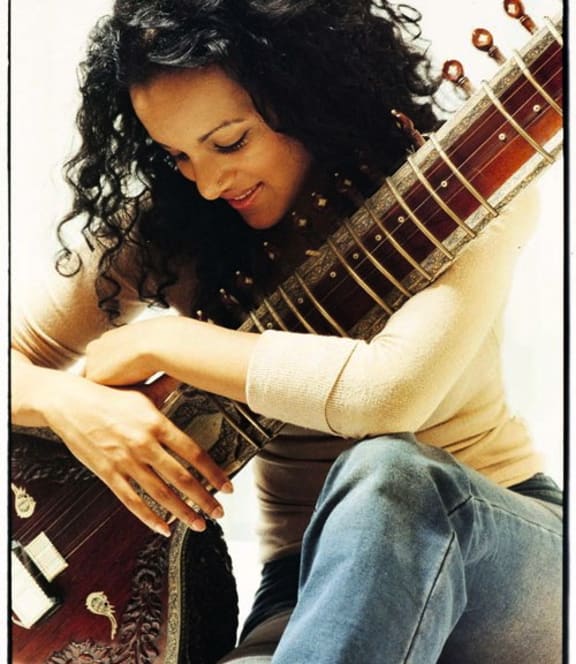Evolution is an important aspect of keeping a tradition alive. Anoushka Shankar continues the legacy and tradition of one of the 20th century’s most influential musicians – her father Ravi Shankar.

Photo: supplied
Anoushka Shankar was taught sitar by her father from the age of nine and made her performance debut at thirteen. Her catalogue of solo recordings has merged classical Indian music and tradition with elements of electronica, pop and multicultural collaborations that sees her being more than just being her father's daughter.
"Of course [Ravi Shankar] being my guru is a key factor in my becoming a musician, because he trained me and taught me this instrument and musical style.
"He happened to be one of those rare people who was a great performer, a great composer, and a great teacher. I don’t think that happens very often. He was a great musician who could actually walk you through that process, show you his creative process quite systematically teach you the music system.”
But she won’t speak about her father’s influence without mentioning her mother.
“I think that as parents it was both of them that helped create an environment where I could feel comfortable following and learning from my father, even though that was potentially a very pressuring and intimidating situation.”
Her prolific catalogue ranges from electronic collaborations to Indian-Spanish fusion, proving she has created a musical identity quite distinct from her father, whose music was traditional.
Yet even some of her innovative ideas stemmed from his teaching, such as her 2011 album Traveller, which explored connections between flamenco and raga.

Anoushka Shankar Photo: supplied
“It’s something India brought across into Spain. You really see some key traces if you look at the Rajasthani folk music the way certain instruments have evolved, but there are also certain modalities that really seem connected to specific ragas and a lot of things in the rhythmic developments as well. They’re not the same but are parallel in lots of ways.
“I was always interested, just from my dad saying in passing when I was younger that there had been that connection. And that caught my fancy because I’d always loved Spanish culture and, as a teenager, loved going to Spain and from there loved flamenco. It just felt like a nice hook into exploring something I was curious about a bit more, by making music about it.”
Perhaps further from the roots of Indian music is the electronica she has experimented with, notably on the albums Rise and (in collaboration with electronicist Karsh Kale) Breathing Under Water.
“Exploring electronica was something I was deeply involved with as a listener and as a friend of many musicians, but it wasn’t what I did. So even though I was in my twenties it was like my teenage experience, of making music in a lighter way, with friends. Jam sessions at night rather than a more formal classical scenario.
“But what I eventually found limiting rather than freeing was the playing of the music live, because of the technology that was available at the time. That limited feeling of things that we’d already set up being on laptops and having to adhere to those.
"It felt like being a performing monkey a bit, where you just said your lines and that was it. But of course in the nearly ten years since I did that the technology has changed entirely and what’s possible now is incredible.”
With her latest album, 2016’s Land Of Gold, there are again echoes of her late father. The album’s theme – of the plight of refugees and war victims – recalls the famous 1971 Concert For Bangladesh, which grew out of Ravi Shankar’s plea to George Harrison to help alleviate suffering in war-torn East Pakistan.

Anoushka Shankar Photo: photo supplied
But Anoushka is wary of trying to measure the social good her own album has achieved.
“I can’t write about an ongoing refugee crisis and say I’ve achieved anything when the crisis still continues in the most horrid ways, so there’s a bitter-sweet element still. I started making it in the summer of 2015 and here we are the summer of 2017 and the disaster continues.
“On a musical level I feel very proud of what we achieved. I (wanted to) find new ways to have my sitar relate to various forms of music and work with electronica in a way that isn’t exotic the way a lot of the Indian electronica can be, and just move into a new sound space with all of that.”
She is especially proud of how the music has translated to the stage. “I took the album and thought quite deeply about how I want to present it live and changed it very much again, so there’s a journey in the show that doesn’t happen in the album that really tells the story I wanted to tell.”
As for her father’s legacy, she feels that these days she is under less scrutiny from those who might have strict ideas about what she should be doing to uphold it.
“It feels a bit more settled now. Or maybe I did myself a favour by making such random albums back to back. There’s a kind of open-endedness to people not knowing what the next album’s going to be. And there’s a sort of freedom in that, perhaps that I’ve created for myself.
“For every person who might get angry that I’m leaving the classical tradition and abandoning something there would be someone who might discredit any skill I might have because I’m just doing what my father did if I’d just stayed classical. So I felt very early on that that wasn’t any way to achieve any success, or sense of success, because I could never please everyone.
“Very young, I realised that I was going to have to make music that was just going to come from what was real to me.”
Anoushka Shankar will perform at the 2018 WOMAD festival on Saturday, March 17.

